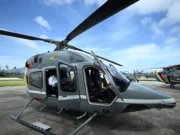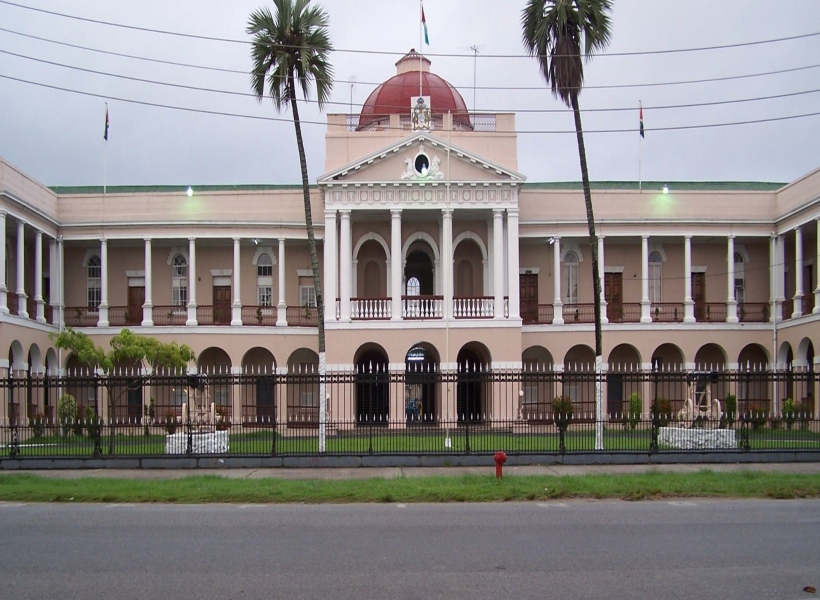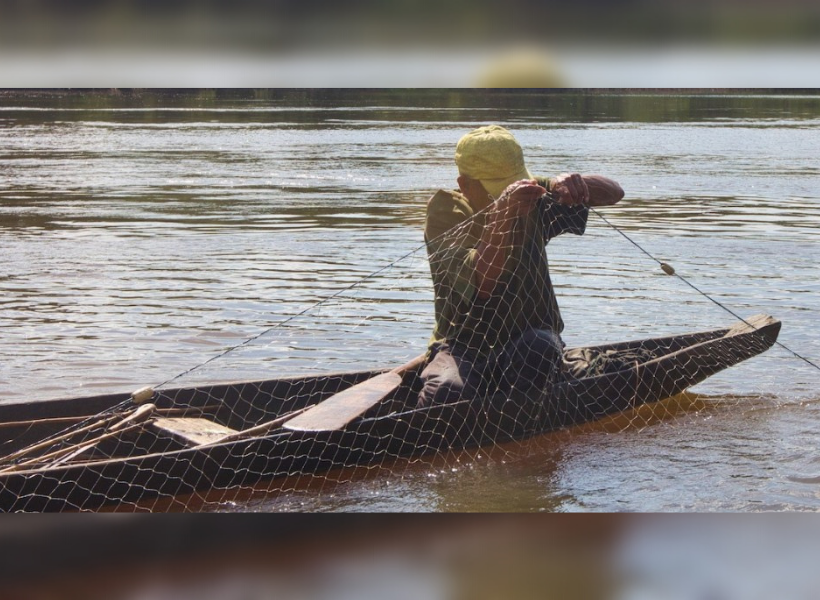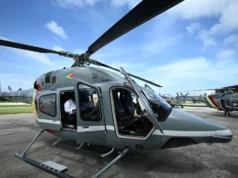The Food and Agriculture Organization of the United Nations (FAO) and the Fisheries Department of the Ministry of Agriculture recently held a two-day virtual stakeholder consultation and working session to gather input and recommendations to strengthen the inland fisheries and aquaculture legal and regulatory framework.
A legal review of the inland fisheries and aquaculture framework was conducted via a consultative and collaborative process and this analysis was presented to stakeholders to generate discussion on proposed measures to resolve gaps found.
Stakeholders participated from a variety of agencies and entities including the Environmental Protection Agency (EPA), North Rupununi District Development Board (NRDDB), Guyana Livestock Development Authority, Ministry of Legal Affairs, the Wildlife Commission, Veterinary Public Health Unit, Sustainable Wildlife Management (SWM) Project, and other key persons within the inland fisheries and aquaculture sectors.
Participants felt that this intervention was timely, and provided an opportunity to contribute to a process that will improve inland fisheries and aquaculture operations and overall add value to communities, rural livelihoods, and food security. The broad spectrum of participants was actively and enthusiastically involved in providing feedback which was extremely positive towards the refinement of the inland fisheries and aquaculture legal and regulatory framework.
Throughout the discussion, it was noted at nearly all stages that there is a need for greater inter-agency collaboration. Participants supported a co-management approach since it contributes to shared responsibility (by government and users of the resources) of the sustainable use of the resources, and increases adherence to mutually beneficial practices, regulations, and management.
The wide-ranging discussions included ways to increase compliance with relevant fisheries and environmental instruments and agreements; and guidance for commercial, sportfishing, and ornamentals. It was noted that the development of policy in a manner that includes the stakeholders on the ground, such as trappers, traders, fishers, small-scale commercial operators, and communities practicing traditional fishing, have a greater potential of being successfully implemented. Further discussion in the inland fisheries included licensing and enforcement options, traditional fishing practices, and the need for robust data collection and sharing for policy development.
Also discussed at length were potential criteria for aquaculture which included zoning, and water quality guidelines for monitoring natural and fragile ecosystems, noting that waste management in aquaculture should be given attention as the sub-sector continues to develop.













